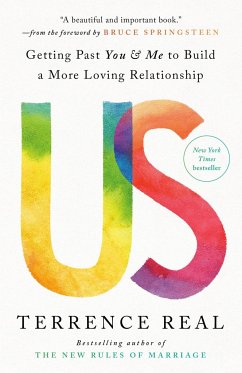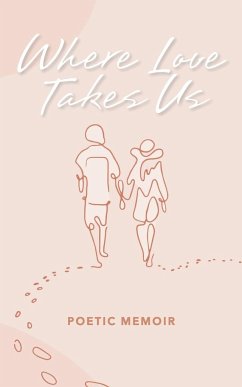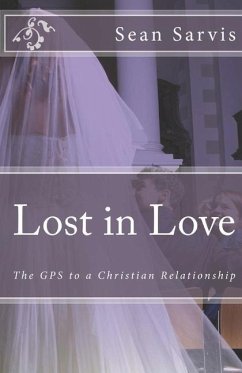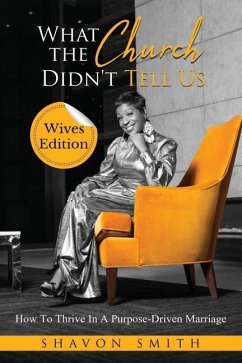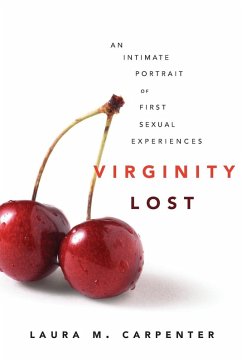Nicht lieferbar
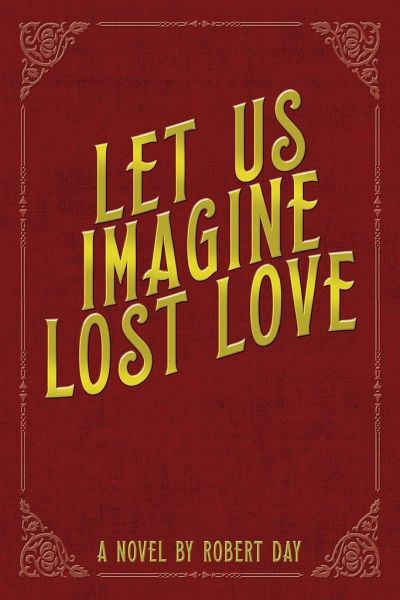
Let Us Imagine Lost Love
Versandkostenfrei!
Nicht lieferbar
A one-man publishing firm and a designer of abecedarians, agendas, address books and "blanks," this story’s narrator threads together his most complicated design yet: the story of his own past. Living in The Country Club Plaza, the "Mr. Tabula Rasa" of Kansas City tries to makes sense of his life through Wednesday Wives, Chekhov, the dictionary and fabricated religion. The story weaves through his college memories, written in fleeting, Didion-esque vignettes: Berkeley. The ‘60s. Two boys howling Ginsberg in the campus library. Riots. The bourgeois of academia and pretend-doctors. A lab whe...
A one-man publishing firm and a designer of abecedarians, agendas, address books and "blanks," this story’s narrator threads together his most complicated design yet: the story of his own past. Living in The Country Club Plaza, the "Mr. Tabula Rasa" of Kansas City tries to makes sense of his life through Wednesday Wives, Chekhov, the dictionary and fabricated religion. The story weaves through his college memories, written in fleeting, Didion-esque vignettes: Berkeley. The ‘60s. Two boys howling Ginsberg in the campus library. Riots. The bourgeois of academia and pretend-doctors. A lab where dogs are bled dry for the "betterment of humanity." Hazen: his close friend and classmate, a man privy to quick wit and easy women. Beth: a waitress, painter and unrequited love. And Austen: the black Healy that welds the three together. Teeming with reminisces of the ugly and beautiful, of youthful misunderstandings and secret longings, Robert Day offers us a man’s life as glossy, possible, and vast as a blank book.






